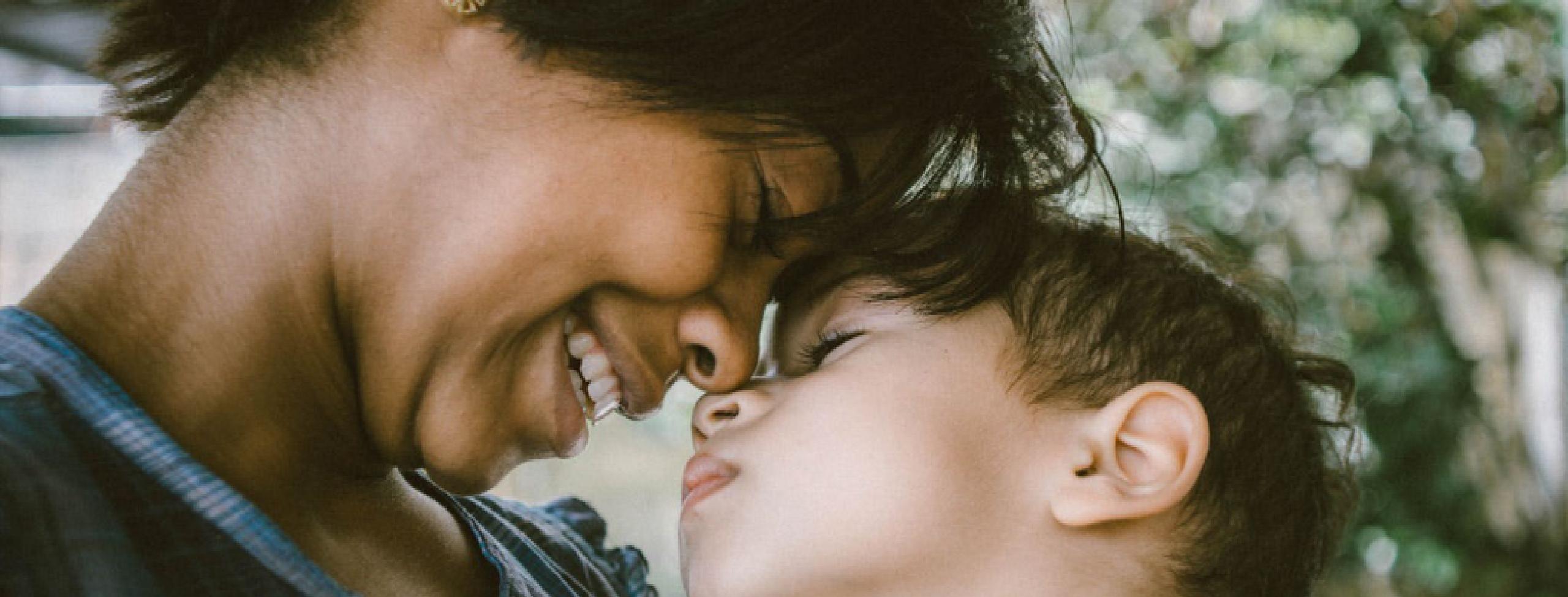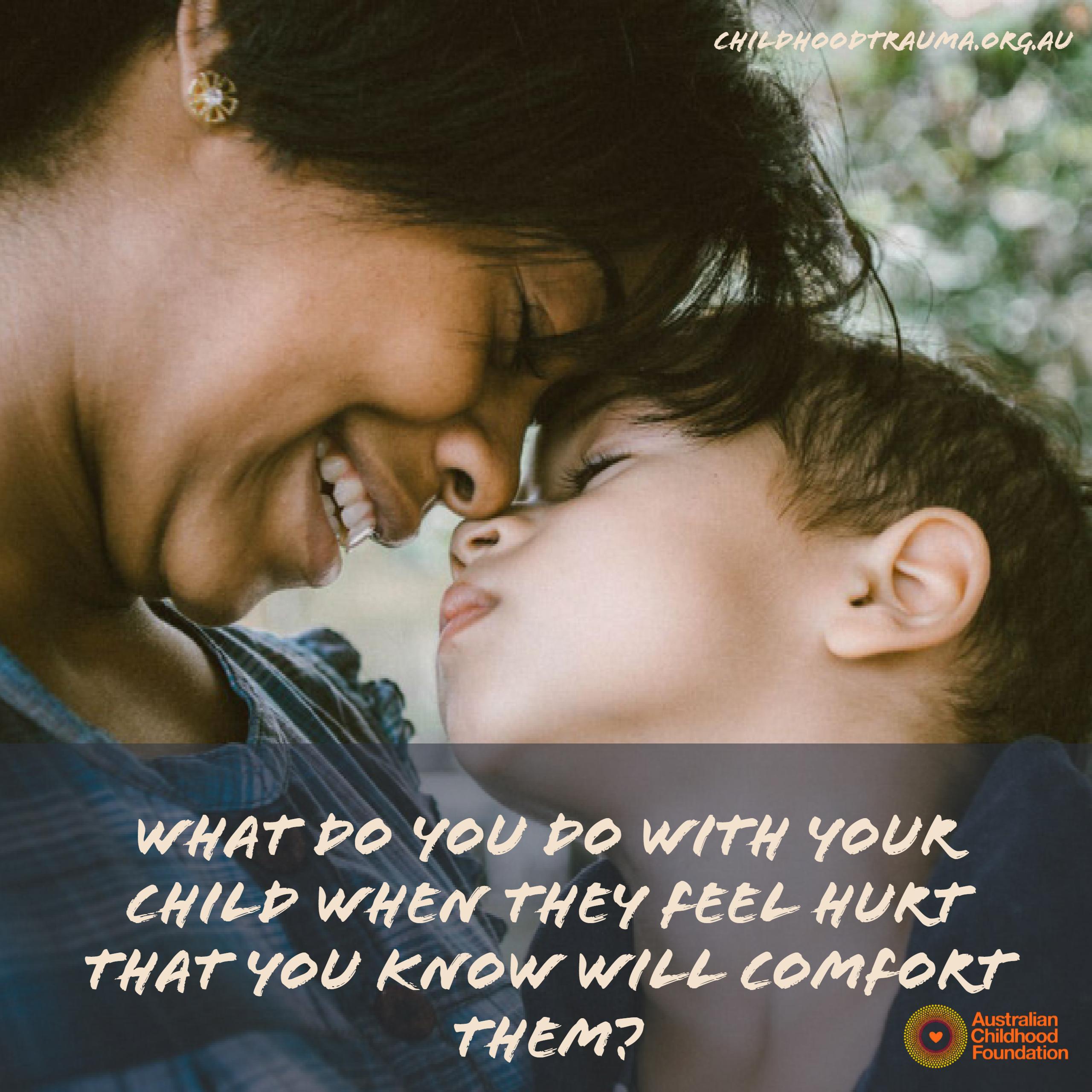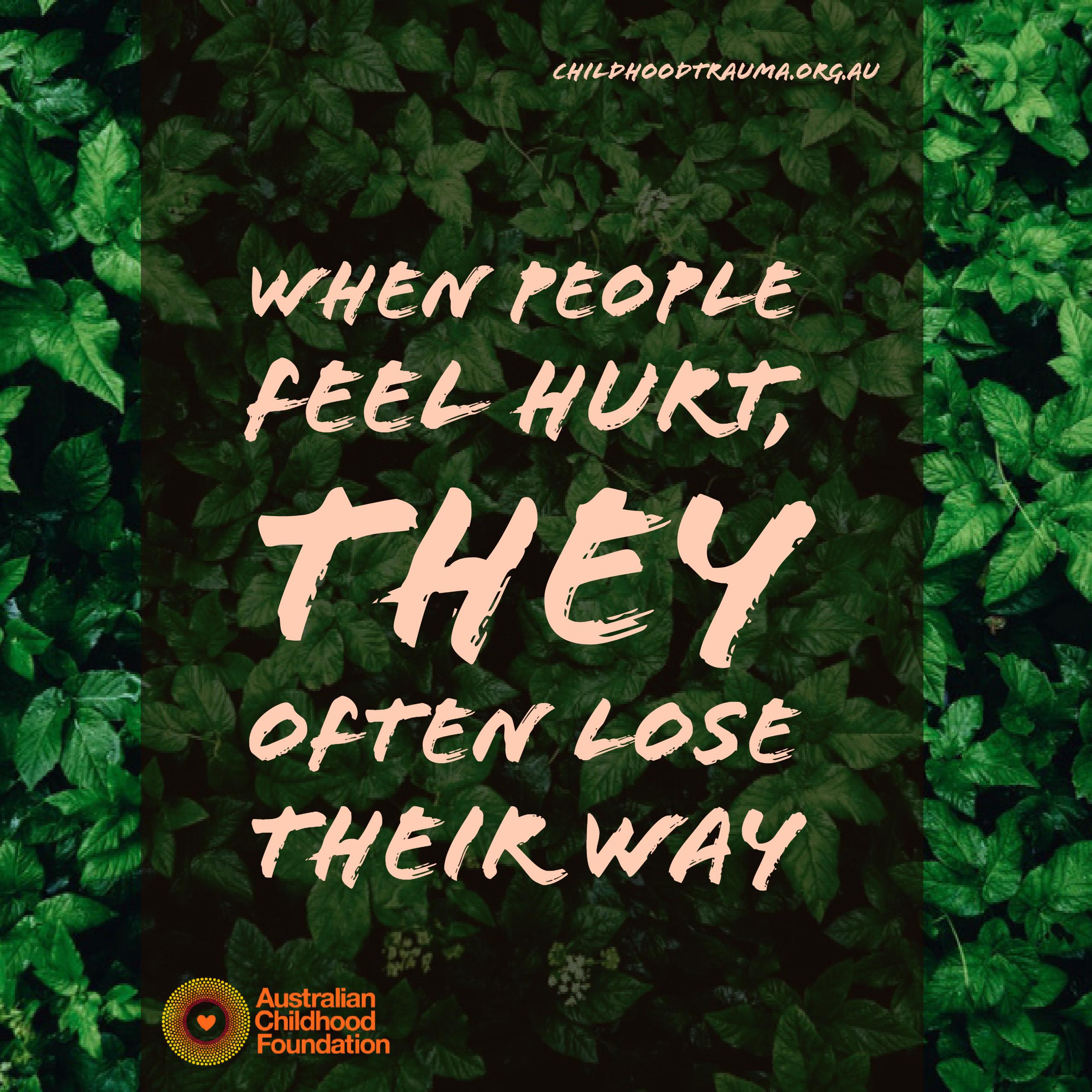
How do you find your way to your child’s heart?
The heart has become an important and central symbol in the Foundation’s new narrative. It represents the power of love to heal the pain that children carry with them when they have experienced the trauma of abuse and family violence. It has reminded me of how important a heart and its meaning can be in our therapeutic work with children, young people, and their carers/families.
One of the most interesting questions I have asked many parents and carers in my work has been very simple: How do you find your way to your child’s heart? Their initial response has usually been to express confusion. As we have sat and explored it, what emerged was a lovely opportunity to explore a rich reservoir of metaphors about feelings, connection and love.
On one level this question suggests a map, pathway or journey.

At a second level, this question elicits descriptions of actions, commitments and deliberate gestures they make with and for their child, such as time to play, acts of generosity and expressing understanding. In this storyline, I have found the chance to explore and amplify the feelings of compassion they express to their child’s experience of pain, hurt and fears. I am curious about the qualities of their child that guide them along the way. These qualities often when explicitly shared become resources for parents to reach for and engage. I follow up with questions which unearth the meanings of these actions and commitments that are often strongly and lovingly experienced by parents.
What do you do with your child when they feel hurt that you know will comfort them?
What is it about your child that you most love or admire?
Why do you feel so committed to your child? How do you know this to be true? How does this commitment help you move closer to them?
The question also goes to the heart of a parent or carer’s own story of love – how they have felt, shared and expressed it. If they feel that their own heart needs to be protected from hurt, it is unlikely that it will be easy for them to move towards their child. This is another opportunity to understand together how these past stories might make it harder or easier for them to safely and openly move towards their child and find proximity to new stories of connection.
What is it about your story that might make it a little hard to know how to seek out your child?
Do you have experiences of love and connection that might help you feel open to being loved or to love another?
How might these stories, and what they say about you, support closeness with your child?
How do you tell your child that you love them, in ways that might feel familiar to you?

What is it about the relationship with your child that draws you towards them? Can you describe or draw it.
What have you and your child created together in your relationship that feels precious, unique and important?
Is love an important relational experience you share with your child and how is it expressed between you?
Having found love as a resource to relationships, there is an opportunity to reflect with parents and carers about when they know when their child is moving towards their heart and takes the sometimes tiny tentative steps towards their parent. Parents need to be ever watchful for these movements in their children, as they need to be ready, open and accepting.
Do you notice if your child tries to find your heart?
What do you notice, and how do you support and encourage this gesture?
How do you celebrate your child’s arrival?
When people feel hurt, they often lose their way. Parents and carers can often struggle to know how to reach for their child in the loving tender ways that they aspire to. The metaphor of a journey towards a heart is one that is rich in direction, possibility, and resources.
It enables us all to know the stories of our own hearts, and how these, once enlivened and understood can be powerful resources for sensitive and loving connection.
Love and hearts go together, my work with children, parents, and carers have taught me this in a million different and wonderful ways over the years.
